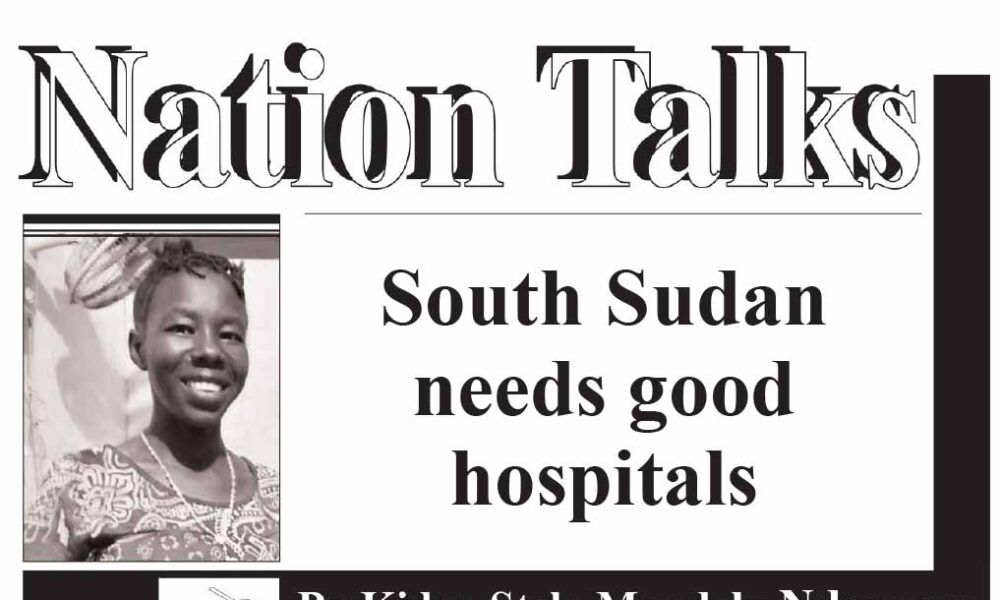South Sudan needs better healthcare facilities with qualified personnel across the country in order to prevent dangerous diseases, such as spot disease, which are sometimes survivable by God’s mercy.
Malaria has historically been the most lethal disease, killing children and adults across South Sudan within minutes, and remains the leading cause of hospital admissions.
The lives of individuals are endangered since the hospitals have not been adequately maintained by the current leaders. If you visit all the government medical facilities in Juba—such as Juba Teaching Hospital and Al Saba Hospital for children—you will witness the suffering of children, some of whom die on the spot due to a lack of medical care and medicine for patients; this continues each year without improvement.
This situation has resulted in countless deaths among citizens, particularly the poor who cannot afford private healthcare. Surviving illness in this country is extraordinarily difficult, not just due to malaria but also other diseases. Often, even basic medication like Panadol is unavailable in major government hospitals. Medical officers sometimes demand payment before treating patients, which is deeply concerning. Furthermore, the scarce medicines available in hospitals are sometimes taken by medical officers to their private clinics, exacerbating the suffering of patients in hospitals. This is why citizens die daily, not only from illness but also due to the lack of medical attention.
This crisis is occurring primarily because our leaders have chosen not to invest in the health sector and prefer seeking treatment abroad. Leaders often feign illness to secure funds for their private treatments outside the country, while politicians who claim to have complicated ailments use public funds for their benefit instead of investing in the country’s development. Consequently, citizens continue to endure hardship.
With inadequate medication, food shortages, insecurity, and delayed salaries, the quality of service delivery in most government hospitals is severely compromised.
The country has much work to be done; there are poor roads and healthcare, a struggling economy, and more. If the wasted resources in the country had been invested in hospitals and schools rather than lining individual pockets—with some planning to buy cars—better outcomes for the suffering South Sudanese would likely have been achieved. This indicates clearly that the leaders think of themselves rather than the citizens. Teachers, doctors, and other civil servants are often left stranded without receiving their salaries.
I appeal to the government to improve all sectors to provide a conducive environment so that citizens are not asked to pay before treatment. Additionally, it is essential to ensure that doctors’ salaries are paid for better service delivery. The National Ministry of Health should not siphon off funds donated for health initiatives, as these are not for personal development projects. Instead, efforts must be made to enhance government hospitals and increase healthcare centres for treatment.
God protect South Sudan.
Be the witness!!




